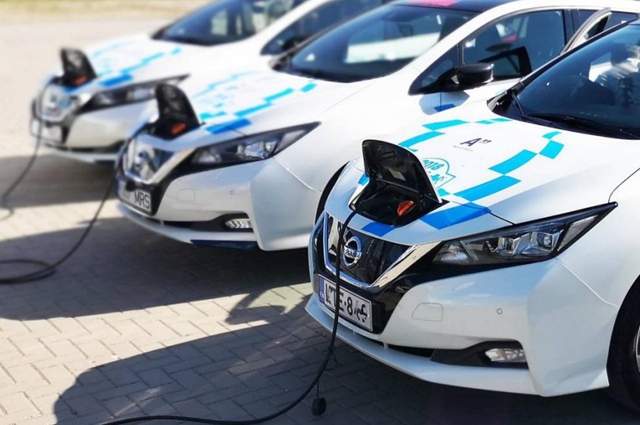Electric Car Insurance Premiums: A Burden Comparable to 10% of Vehicle Cost
![]() 02/16 2025
02/16 2025
![]() 565
565
When the topic of electric car insurance premiums arises, some industry insiders quickly refute the notion of exorbitant costs. A particular automaker has even asserted that insurance companies shy away from covering electric vehicles, yet they will step in and have established their own insurance company to reassure car owners. However, the announcement of a colossal loss exceeding 150 million yuan in their insurance business underscores that even with intimate knowledge of electric cars, they struggle to turn a profit in this sector.
Reports indicate that the insurance industry incurred losses amounting to 5.7 billion yuan in electric car insurance in 2024. Consequently, electric car insurance premiums are anticipated to rise again this year, a development that is already unaffordable for many car owners. One owner of a 40,000-yuan electric car revealed an insurance premium exceeding 5,100 yuan, while another owner of a 30,000-yuan electric car faced a premium of over 3,700 yuan, equivalent to more than 10% of the vehicle's price.
In contrast, a 140,000-yuan fuel-powered car typically incurs an insurance premium of no more than 5,000 yuan in the first year. Despite electric cars costing significantly less, their insurance premiums are almost on par with those of fuel-powered vehicles, underscoring the premium disparity.
Nevertheless, insurers find it challenging to turn a profit due to the unique attributes of electric cars. These vehicles are more accident-prone, their maintenance costs are exceedingly high, and they are widely used in ride-hailing services. Several factors contribute to the high accident rate among electric cars.
Firstly, many electric car owners are novice drivers. In major cities where obtaining a conventional license plate is difficult, a green license plate for new energy vehicles is relatively easier to secure. This encourages new car owners to opt for electric vehicles, and novice drivers are more likely to be involved in accidents.

Secondly, the superior acceleration of electric cars can easily lead to accidents. Novice drivers and middle-aged or elderly individuals might mistakenly press the accelerator instead of the brake. In such scenarios, electric cars are more prone to accidents than fuel-powered cars, with potentially more severe consequences.
The high maintenance costs are attributed to the severe consequences of electric car accidents and the elevated component costs. Replacing a screen or camera in an electric car can easily cost several thousand yuan, and battery damage can result in even greater losses. Previous media reports have highlighted the risk of fires caused by scraping or stone impacts on the chassis, further emphasizing the risks associated with electric cars.
These factors contribute to excessively high claim rates and amounts in electric car insurance, leading to losses for insurers. To address these losses, insurance companies are exploring various solutions.
Some insurers require car owners with high mileage to purchase commercial insurance, otherwise refusing coverage. However, commercial vehicle insurance premiums are significantly higher than those for ordinary household vehicles, leading to excessively high premiums for electric car owners.
For owners with a higher accident rate, insurers also pay extra 'attention.' One owner saw their premium doubled after two consecutive accidents the previous year. With data sharing among insurers, even approaching other companies results in similarly high premiums, making it unbearable for car owners.
Many electric car owners lament that the electricity savings they accrue annually are insufficient to cover their insurance premiums. For an electric car traveling 10,000 kilometers per year, household electricity charging saves approximately 4,000 yuan. However, when additional insurance premiums are factored in, these savings barely cover the extra cost.
For consumers in major cities without private parking and charging facilities, relying on public charging piles limits electricity savings. In Guangzhou, for instance, public charging costs typically average 1.5 yuan per kWh, with a cost per kilometer reaching 0.225 yuan. Under such circumstances, the annual savings on electricity fees are indeed insufficient to cover the additional insurance premiums.








